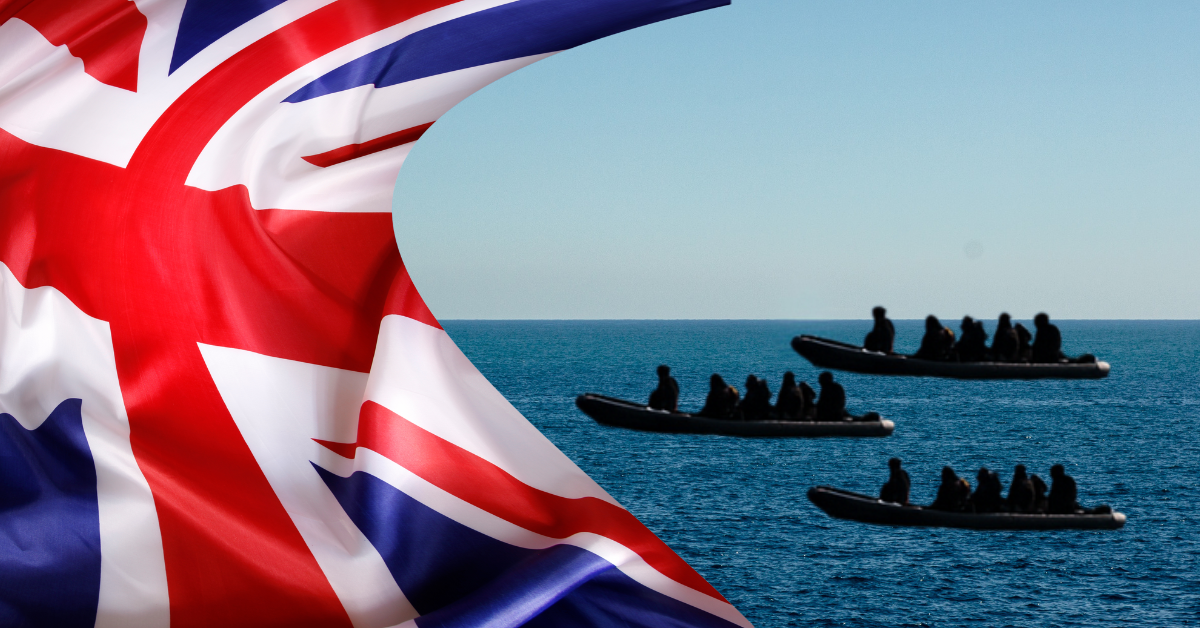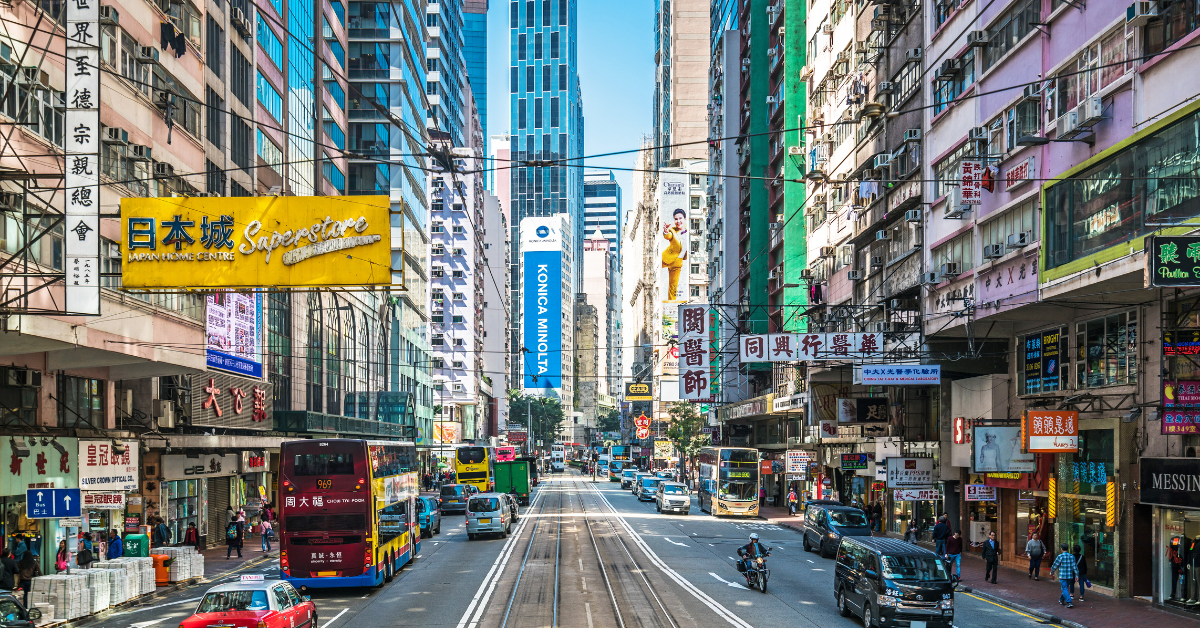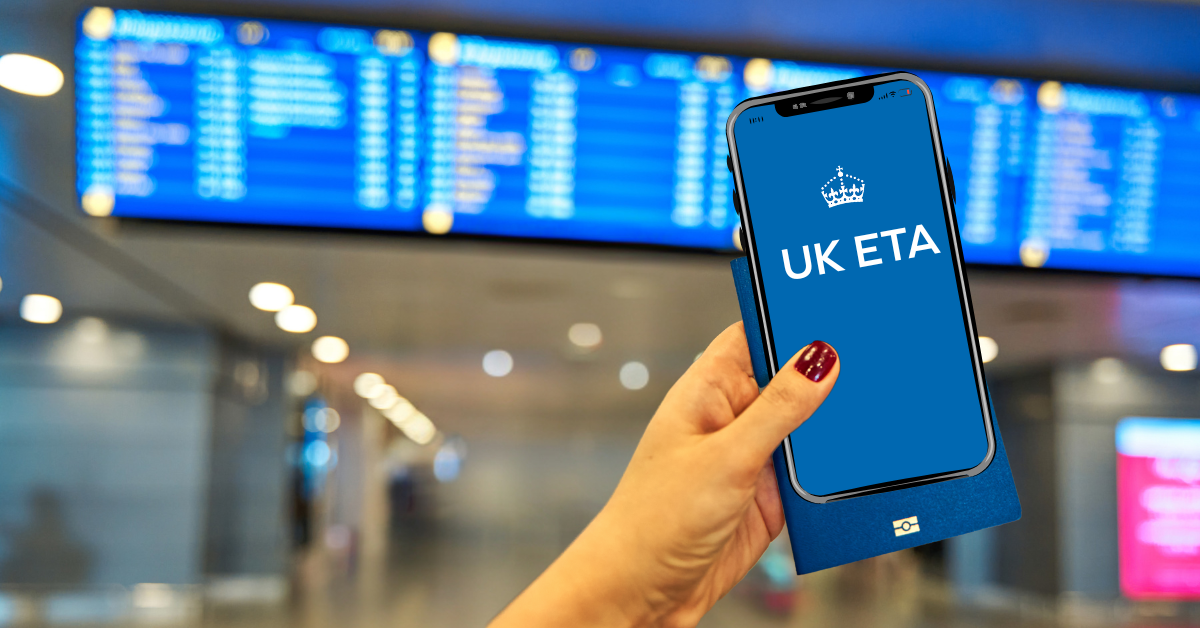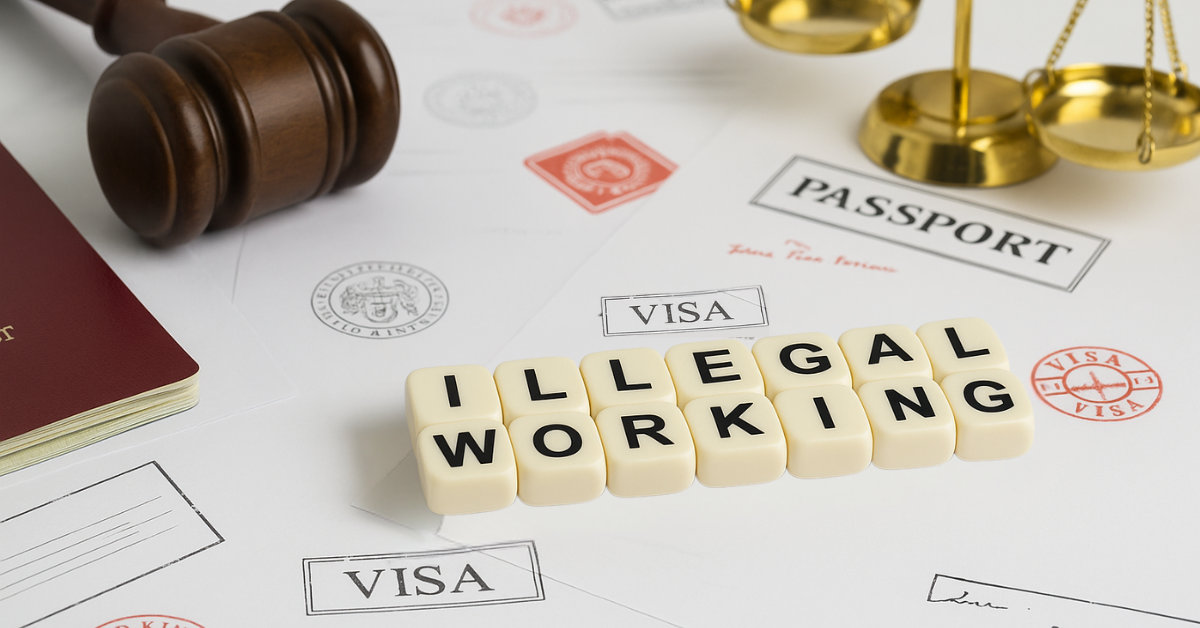
Illegal Migration Act 2023
Enacted on 20 July 2023, the act has set a devastating precedent of endangering vulnerable people in the name of Rishi Sunak’s campaign slogan ‘Stop the boats’.

Ellie Dyke-French
UPDATE - Friday 10 November 2023
The 'Rwanda Policy' has officially been challenged, escalated further and taken to the Supreme Court. The court has confirmed they will hand down their decision on Wednesday 14 November 2023. This decision will determine whether the UK Government's Rwanda Policy is a breach of the Refugee Convention and if it will breach an individual's human rights if forcibly removed to a third country such as Rwanda before their asylum claim is determined.
In this article, Paralegal Ellie Dyke-French looks at what the potential consequences are and why the Illegal Immigration Act 2023 has come under so much criticism.
What is the Illegal Migration Act 2023?
Officially published on 8 March 2023 by the Home Office, the 'Illegal Migration Act 2023' was enforced and changed current UK laws on 20 July 2023. Refraining migrants who have entered the UK illegally, from staying in the UK, and instead be "detained and promptly removed" (Gov.uk, 2023). The most recent version of the Government Bill can be found on the UK Parliament website.
Stop The Boats
Acts such as this perpetuate the overall idea that anyone who is not fortunate enough to ‘use the proper channels’ to claim asylum in the UK is automatically deemed as criminal, leading to prejudice and institutionalised xenophobia. The content, wording and impacts of the Illegal Migration Act are focused on detention and removal, rather than making the process for these vulnerable people safer or making the ‘proper channels’ more attainable. These practices woven into the foundation of the Illegal Migration Act have begun and will continue to negatively impact those that it specifically targets, children, asylum seekers and victims of modern slavery and human trafficking.
The Initial Government Bill
The former bill was enacted despite the apprehension from the House of Lords and criticism from academics, lawyers, and humanitarians alike. This concern is due to its wide scope of impact, people who lack documents to enter the UK; arrived in the UK after 20 July 2023; did not come directly to the UK from a country where their life is in danger; and have no leave to enter through the normal channels. This will encompass a large number of people who rely upon the kindness of other countries to flee from danger and persecution. The Guardian expressed concerns surrounding the bill before its enactment, stating that it struggled with ‘legal uncertainty’ due to whether the bill would be compatible with Human rights, as enforced by the European Court of Human Rights (ECHR). This is supported by a Human Rights Committee article that found there were ‘Widespread human rights failings’, and by the statutory declaration from the Home Secretary stating that she was not able to declare whether the bill was compatible with the ECHR. ‘The Joint Council for The Welfare of Immigrants’ states that the act ‘undermines universal human rights’ by ‘remov[ing] important legal protections, making people less secure under human rights law… exclud[ing] people subject to it from Section 3 of our Human Rights Act’. This, they state is a provision that has never happened before in the UK. This raises concerns surrounding the suitability of the Act and its treatment of those that it targets.
Subsequent Affectees
The Illegal Migration Act endangers both children and victims of human trafficking or human slavery, ‘The UK Illegal Migration Bill: a child rights violation and safeguarding catastrophe’ notes that both the provisions imposed upon themselves as well as the stress from potentially losing family members to detention and deportation can negatively impact their health. While there are some protections towards children with some provisions preventing their removal or deportation, the fear alone of losing parents, other family members and friends could spike an increase in health problems for those under 18. However, unaccompanied children can be ‘removed’ if certain conditions are met, namely reuniting the child with family members overseas. This could in turn increase the amount of danger a child is in by relocating them to a less-than-safe third country. Section 4(3)(d) states that the secretary of state can also make up any new conditions for the removal of children any time they would like, as the regulations are under their discretion. This opens the door for the potential removal of asylum-seeking children from the UK for many currently undecided reasons, with many families seeking asylum unable to combat any decisions made against them. This further provides evidence that the Illegal Migration Act blatantly disregards the ECHR and Human Rights and enforces this damaging precedent.
Similarly, ‘Modern Slavery in the United Kingdom: The Illegal Migration Act risks undermining efforts to combat exploitation’ explores the damage that the Act imposes on victims of modern slavery and human trafficking, by denying support measures such as the 45 days of ‘move on’ support and narrows the margin for those to be considered victims. This article states that even the threat of deportation and detention can cause significant medical issues. This, in tandem with the Human rights concerns, highlights the dangerous impacts that The Act will impose. The Act has also removed the protections under the Modern Slavery Act if convicted of a criminal offence, despite the hugely difficult journey they must have taken to be able to apply for rights as victims of human trafficking and modern slavery. ‘The Joint Council for The Welfare of Immigrants’ comments ‘portraying victims of trafficking and forced labour as criminals, the government is punishing them for things they were coerced into doing’, emphasising the criticism that The Act must undergo to highlight the significant damage to extremely vulnerable people from overseas.
The Detrimental Impact On Asylum Seekers
The impact on asylum seekers is the focus of The Act. The statute is set up to supposedly prevent unsafe travel into the UK through different routes other than the ones prescribed by the UK government. This is due to the fear that a large number of people seek asylum in the UK on small boats illegally, a rhetoric which has caused tensions between UK nationals and foreign nationals. Firstly, the number of asylum seekers using this method to enter the UK is grossly misrepresented. Dr Alice Donald and Dr Joelle Grogan their article for ‘UK in a Changing Europe’ about the Illegal Migration Act 2023, write that ‘of people who arrive in the UK on small boats claim asylum. However, small boat arrivals accounted for less than half (44%) of the total number of asylum applications in the UK in the year ending March 2023, the rest arriving by other regular or irregular routes. These figures do not include people arriving through safe and legal humanitarian routes.’ Figures such as these provide an insight into the way that asylum seekers are perceived by the government, and how they intend to reiterate the mistreatment of foreign nationals. Moreover, while there may not be as many people choosing these routes as told by the government, The Act still does real and lasting damage to the people it targets. Due to the lack of restriction on the secretary of state and their discretion, asylum seekers are potentially allowed to be detained indefinitely, which can have detrimental impacts on their mental and physical health. The Act fundamentally seeks to ban new asylum seekers by making it functionally impossible to seek asylum in the UK.
It is clear from the provided articles that the ‘Illegal Migration Act 2023’ will significantly negatively impact the health and lives of asylum seekers, children and victims of modern slavery and human trafficking coming to the UK, by specifically targeting and prosecuting them with this narrowing of the existing, already too narrow statutes already in place. It is important to acknowledge the ever-present discrimination faced by people of different nationalities and to break away from statutes that continue to push intentionally harmful precedents, without any attempt to make the ‘proper’ routes more accessible to those who require the help and refuge of the UK.
How can Paragon Law help?
At Paragon Law, our asylum solicitors and lawyers have a track record of supporting individuals to claim asylum in the UK. If you require assistance with your right-to-work status as an asylum seeker or require support to claim asylum in the UK then please contact us to arrange a consultation with an expert immigration lawyer.
Subscribe for updates

Can Hong Kong Nationals Claim Asylum in the UK?
Not ready to talk? Our free immigration resources may have the answer to your questions
%20Visa%20Update%20New%20Route%20for%20Adult%20Children.png)
Hong Kong BN(O) Visa Update: New Route for Adult Children
%20(1).png)
British Citizenship Application: Requirements & Process (2026)
.png)
A Fairer Pathway to Settlement: UK Earned Settlement Explained

UK ETA Enforcement from 25 February 2026: What Travellers Need to Know

Global Talent Visa: Eligibility, Requirements and Application Process

Border Security, Asylum and Immigration Act 2025 – What Employers Need to Know
.png)
UK Immigration Rule Changes 2025: Visa and Settlement Reforms Explained
%20What%20Sponsors%20Need%20to%20Know%20(1).png)
Upcoming Increase to the Immigration Skills Charge (ISC): What Sponsors Need to Know



